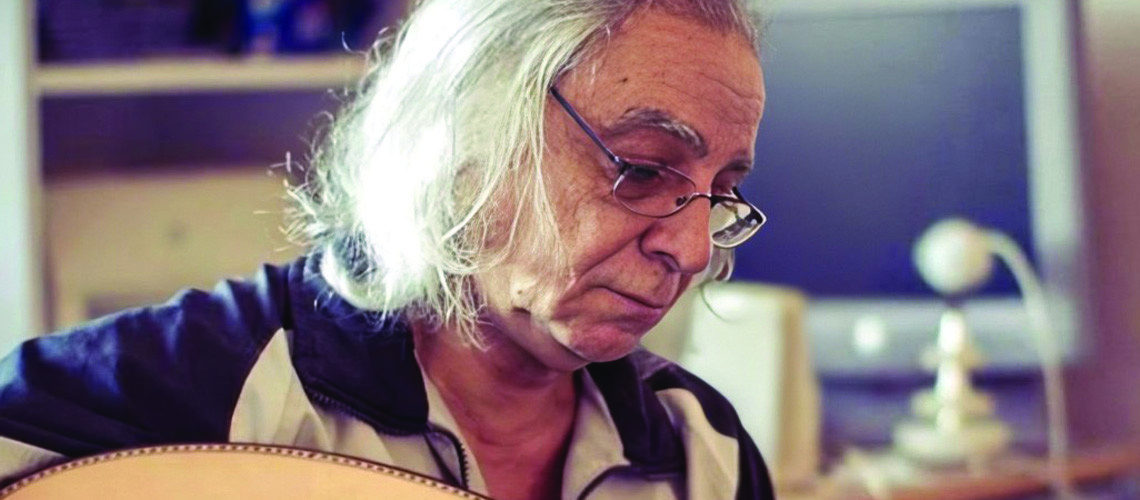Veteran Iraqi composer Kawkab Hamza, hailed as one of the pillars of Iraqi cultural heritage, passed away on Tuesday evening, April 3, 2024, at a hospital in Denmark. Born in 1944 in Babil province, southern Iraq, Hamza’s musical journey began at the Institute of Fine Arts in Baghdad, where he honed his talent before furthering his studies at the University of Kiev during the Soviet Union era.
Emerging as a prominent composer in the 1960s, Hamza’s musical oeuvre spanned decades, marked by his iconic composition “Amal.” However, political turmoil forced him to leave Iraq in 1974, leading him to seek refuge in Czechoslovakia and later in the Soviet Union. Despite the challenges of displacement, Hamza continued to nurture his musical talents, studying music in Azerbaijan and traversing through Kurdistan, Syria, and the United States before eventually settling in Denmark in 1989. Throughout his life, Hamza’s compositions resonated deeply with audiences, reflecting the rich tapestry of Iraqi culture and heritage.
Kawkab Hamza’s melodies have ingrained themselves deeply into the collective memory and consciousness of the Iraqi people, shaping the musical landscape of the nation and leaving an indelible mark on Arab listeners worldwide. His compositions, renowned for their emotive depth and cultural resonance, have transcended generations, transforming the musical tastes of Iraqis and Arabs alike.
Among his acclaimed works is the iconic Iraqi song “Ya Toyour Al Tayra,” immortalized by the soulful rendition of Saadoun Jaber in 1972. Hamza’s ability to capture the essence of Iraqi identity through music earned him the affectionate moniker “Star Discoverer” from critics and esteemed Iraqi singers such as Hussein Neama, Riyad Ahmed, Sattar Jabbar, and Saadoun Jaber. Through his artistry, Hamza not only enriched Iraqi music but also played a pivotal role in shaping its cultural heritage for generations to come.
He composed for numerous renowned Iraqi and Arab artists, leaving an indelible mark on the music scene. His collaborations spanned a wide array of talents, including Ma’idat Nuzhat, Saadoun Jaber, Hussein Nehmeh, Sattar Jabbar, Fadel Awad, Karim Mansour, Fouad Salem, and Asala Nasri in her early career, as well as Abdullah Al Rowaished among others.
Additionally, he contributed melodies to television series and films, showcasing his versatility and lasting impact on cultural productions.




